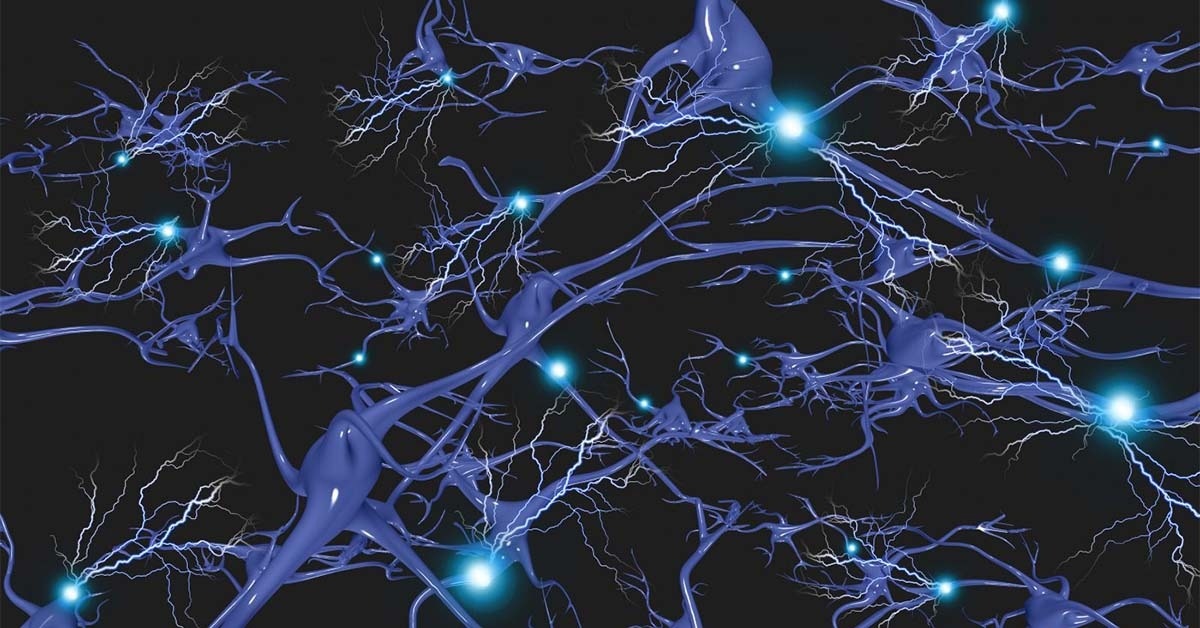A neurological condition called Huntington's disease (HD) results in a progressive decline in movement, coordination, and mental ability. It is brought on by a mutation in the huntingtin, or HTT, gene.
 In Huntington’s disease, toxic accumulations of the huntingtin protein produced by the mutated HTT gene results in progressive destruction of neurons in a part of the brain responsible for regulating movement. Image Credit: Huntington’s Disease News
In Huntington’s disease, toxic accumulations of the huntingtin protein produced by the mutated HTT gene results in progressive destruction of neurons in a part of the brain responsible for regulating movement. Image Credit: Huntington’s Disease News
The genetic disorder affects over 200,000 people worldwide, with about 30,000 cases reported in the US. A parent with HD puts more than a quarter of a million Americans at risk of inheriting HD. No treatment exists.
However, in a recent study, researchers from the University of California San Diego School of Medicine and colleagues from other institutions describe using RNA-targeting CRISPR/Cas13d technology to develop a new therapeutic approach that specifically eliminates toxic RNA that causes HD. The study was published on December 12th, 2022, in Nature Neuroscience.
The genome-editing tool known as CRISPR enables researchers to add, remove, or change genetic material at specific locations in the genome. It is based on a bacterial immune-defense mechanism that exists naturally.
However, current approaches run the risk of off-target edits at unintended sites that could result in chromosomal insertions or genome alterations that are irreversible and inheritable. As a result, significant research has gone into finding CRISPR systems that specifically target RNA without changing the genome.
Repetitive and harmful sequences in the HTT gene are the primary causes of HD.
Our cells have a hard time copying repetitive DNA, and these copying errors can cause repetitive sequences to grow longer with each generation. In the Huntingtin gene, these repeats can sometimes grow to many times their normal length, with the resulting repeat-expanded protein tending to aggregate and form toxic clumps in a part of the brain called the striatum that is important for regulating movement. The loss of functional neurons in the striatum ultimately leads to HD symptoms.”
Gene Yeo, PhD, Study Senior Author and Professor, Cellular and Molecular Medicine, School of Medicine, University of California San Diego
Yeo and his team, along with collaborators from UC Irvine and Johns Hopkins University, looked into the possibility of using the recently described RNA-targeting CRISPR technology to modify the RNA (a chemical intermediate between DNA instructions and protein production) accumulation linked to HD.
They found that the strategy not only targeted and destroyed mutant RNA molecules but also cleared out toxic protein buildup in neuronal cultures created from stem cells derived from HD patients. They did this using viral vehicles. Additionally, they showed that the therapy generally did not disrupt the expression of other human genes.
Our goal was to engineer a type of therapy that would only target the toxic RNA that causes HD and could keep the rest of the human genome and transcriptome intact. We specifically screened our top therapeutic constructs in HD patient cell lines to make sure of it.”
Kathryn Morelli, PhD, Study Co-First Author and Research Fellow, School of Medicine, University of California San Diego
It has been difficult to develop effective HD therapies. Two clinical trials for promising gene therapies, for instance, were stopped in 2021 due to underwhelming performance. Both potential drugs were hailed as HD game-changers. There are currently no cures for the condition, though some symptoms can be managed with medication.
Yeo added, “The Huntington’s community was devastated when the clinical trials failed, primarily due to target specificity and toxic effects. But their termination has only re-energized the scientific community to find alternative strategies.”
Preclinical testing was carried out in mice in cooperation between Yeo’s lab and Wenzhen Duan, MD, PhD, professor of psychiatry and behavioral sciences at Johns Hopkins Medicine.
In a mouse model of HD, the therapy enhanced motor coordination, attenuated striatal degradation, and decreased toxic protein levels, according to Duan and co-first author Qian Wu, PhD. Without any negative side effects and with only minor off-target effects on other RNA molecules, the improvements persisted for at least 8 months.
Source:
Journal reference:
Morelli, K. H., et al. (2022). An RNA-targeting CRISPR–Cas13d system alleviates disease-related phenotypes in Huntington’s disease models. Nature Neuroscience. doi.org/10.1038/s41593-022-01207-1